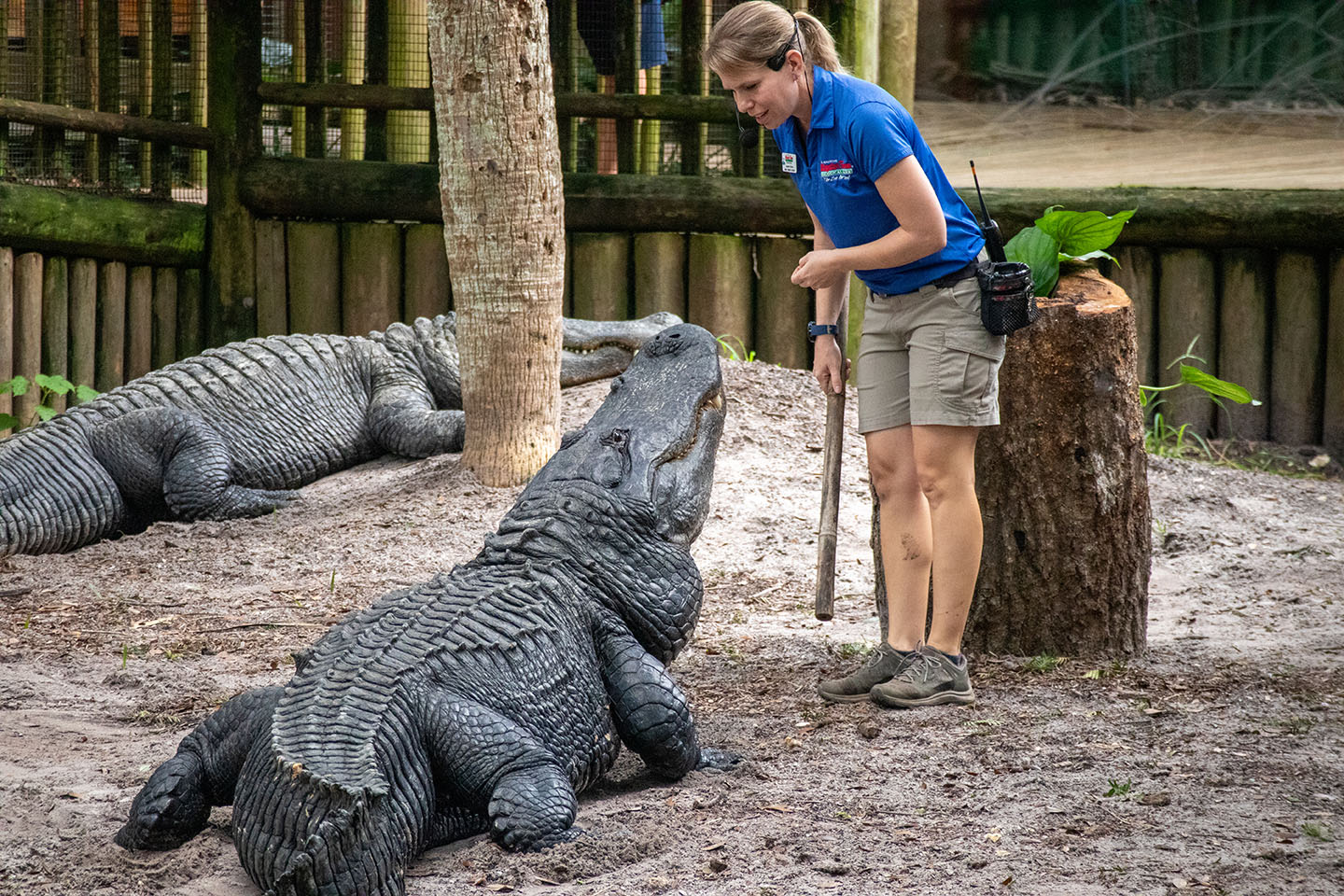

Zoology is the scientific study of animals. It is a branch of biology that deals with the structure, behaviour, and evolution of animals.
Zoologists study all aspects of animal life, from their anatomy and physiology to their ecology and behaviour. They use a variety of methods to study animals, including observation, experimentation, and dissection.
Zoology is a vast and complex field, but it is also a very rewarding one. Zoologists learn about the amazing diversity of life on Earth and how animals have adapted to their environment.
Zoology is also important for conservation. Zoologists can help us to understand the threats facing animals and develop strategies to protect them.
The zoological park was home to a variety of animals, from lions and tigers to monkeys and giraffes.

Noun: zoology (plural: zoologies).
Adjective: zoological.
Verb: to zoologise.
The word "zoology" comes from the Greek words "zoon" (ζῷον), meaning "animal", and "logos" (λόγος), meaning "study" or "discourse". The word "zoology" was first used in English in the 17th century.
The study of animals has been around for centuries, but it wasn't until the 17th century that the term "zoology" was coined. The first zoologists were naturalists who studied animals in their natural habitats. They collected specimens, observed their behaviour, and classified them into different groups.
What do you study as a zoologist?
Question:
Explain the field of zoology and its significance in understanding the diversity and behaviour of animal life. Discuss how zoologists contribute to conservation efforts and the study of ecosystems.
Answer:
Zoology is the scientific study of animals, encompassing their biology, behaviour, physiology, evolution, and interactions with their environment. This field is crucial for comprehending the vast array of animal life on Earth and shedding light on their complex behaviours, adaptations, and ecological roles.
Zoologists play a fundamental role in conservation efforts aimed at preserving endangered species and maintaining biodiversity. By studying animal populations and their habitats, zoologists provide insights into the factors that threaten species survival. This knowledge informs conservation strategies, such as habitat preservation, reintroduction programs, and efforts to combat illegal wildlife trade.
Furthermore, zoologists contribute to our understanding of ecosystems and the intricate relationships between animals and their surroundings. By studying predator-prey dynamics, animal migrations, and symbiotic relationships, zoologists help reveal the intricate web of life within ecosystems.
Zoology has far-reaching implications, from informing public policies to inspiring the next generation of conservationists and scientists. Through their research and dedication, zoologists provide valuable insights into the natural world, fostering a deeper appreciation for the diversity and interconnectedness of animal life and promoting responsible stewardship of Earth's ecosystems.